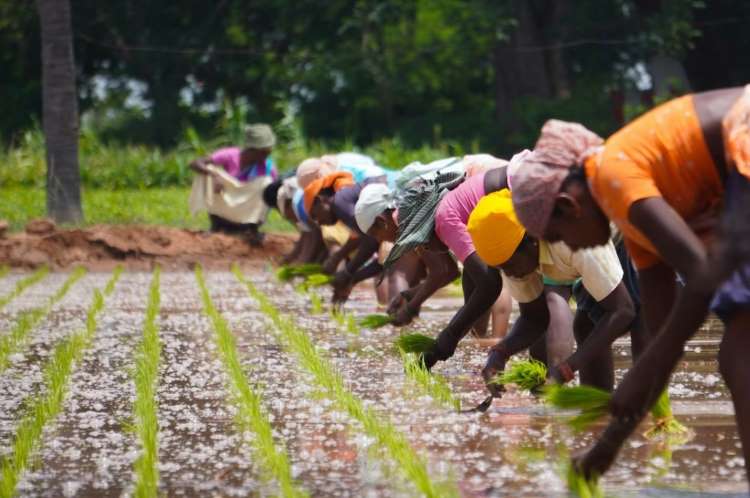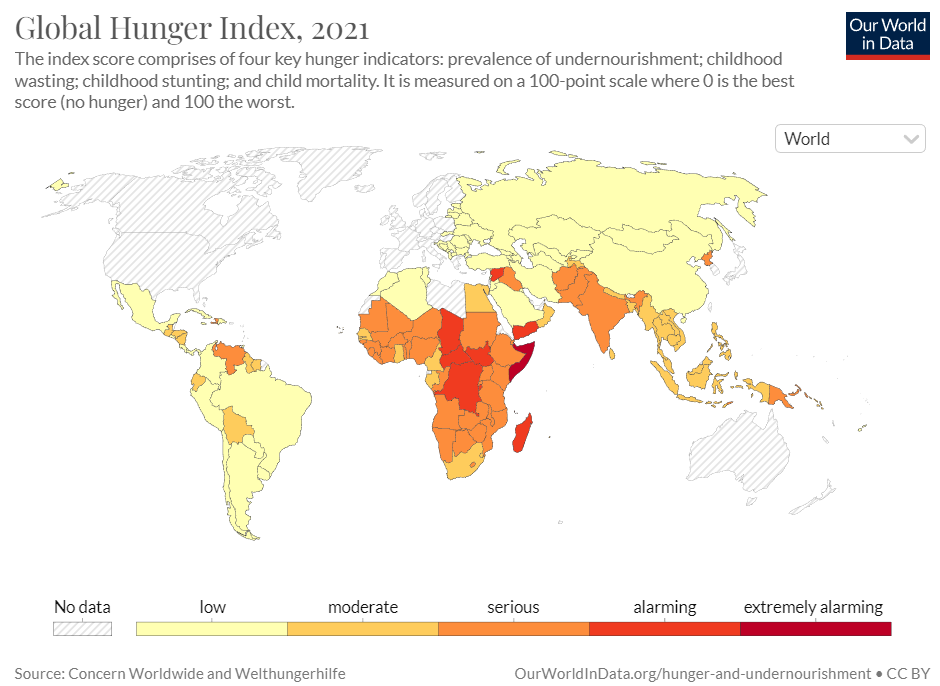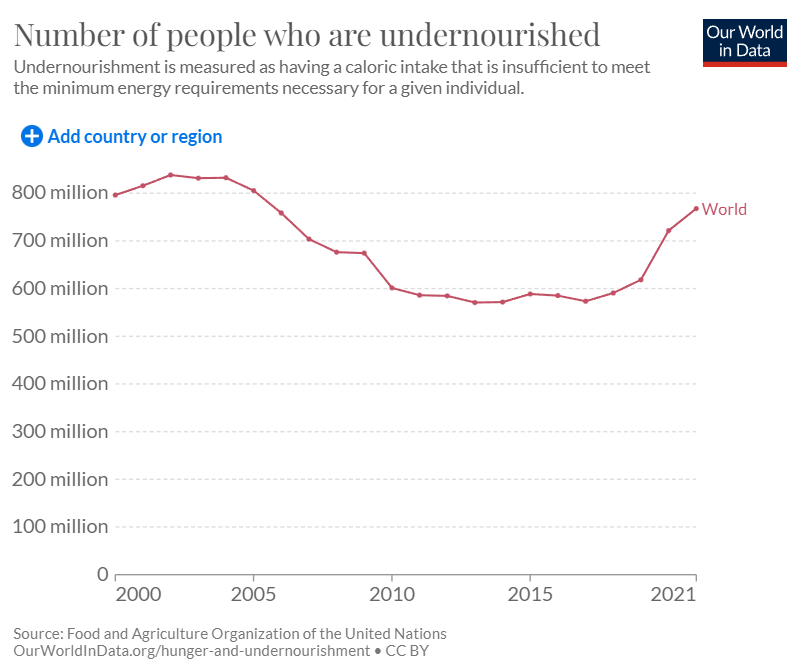
Sustainable agriculture and food security: The world is struggling to meet the target of ending hunger by 2030 with just seven years left to achieve the goal (SDG 2.1). The situation warrants swift action by the food industry, but this could lead to increased greenhouse gas emissions. Incorporating carbon neutrality into food security strategies can tackle both the challenges through lower emissions throughout the supply chain and measures to offset remaining emissions.
Enhancing food security is crucial for ensuring a sustainable future. Agriculture contributes a tenth of global greenhouse gas emissions, but it can also sequester carbon and reduce emissions through various practices. Agriculture can lower its carbon footprint through native intelligence, crop life cycle management, soil management, and Artificial Intelligence.
Native intelligence refers to traditional knowledge and practices passed down through generations that play a vital role in promoting sustainable farming practices. Farmers who possess this knowledge have developed practices that conserve water and soil, crucial elements in the fight against climate change. Crop life cycle management can reduce waste and greenhouse emissions, while increasing yields.
READ I Green hydrogen breakthrough set to improve viability of the clean fuel
Precision agriculture technologies enable farmers to monitor crops and apply fertilizers and pesticides only where necessary, reducing emissions and environmental impact. Efficient soil management can reducing the carbon footprint of farming through regenerative techniques like no-till farming and cover cropping.
Raising soil carbon sequestration also can help farmers mitigate the effects of climate change. By utilising artificial intelligence, farmers can make informed decisions, minimise waste, and optimise farming practices. AI can assist in predicting weather patterns, optimising irrigation to reduce water usage, and analysing soil data to determine the best crop varieties and fertilizers.


Sustainable farming practices not only reduce carbon emissions but also enhance climate resilience. However, financing these practices can pose challenges, especially for small-scale farmers in developing countries, thus necessitating financial support and incentives from governments and international agencies. Farmers are vulnerable to extreme weather events that lead to crop failures and economic hardship, and climate adaptation funds can assist farmers in building resilience.
One approach is to provide subsidies to farmers who implement sustainable practices such as regenerative farming or precision agriculture. Governments can offer tax incentives to companies investing in sustainable farming, and international development agencies like the World Bank can offer grants and low-cost loans.
Sustainable agriculture practices
There are several ways whereby agriculture can reduce its carbon footprint and enhance food security:
Sustainable land use practices: Agriculture can decrease its carbon footprint by implementing sustainable land use practices such as lower tillage, crop rotation, and agroforestry. These offer multiple benefits including improving soil health, reducing erosion, and increasing carbon sequestration.
Precision farming: Precision farming practices such as precision irrigation systems and variable rate fertilizers can minimise the use of water and fertilizers, thereby reducing the carbon footprint of agriculture. By employing precision agriculture techniques like soil sensors and drones, farmers can improve crop yields. Additionally, technologies like blockchain can enhance supply chain transparency, reducing waste and improving access to nutritious food for all.
Renewable energy: Agriculture can tap renewable energy sources such as solar, wind, and bioenergy. Farmers can use solar panels to power irrigation systems or employ bioenergy to fuel machinery.
Food waste reduction: Reducing food waste can significantly cut the carbon footprint of agriculture by minimising the energy requirement. Governments must collaborate with private sector to cut food waste through initiatives like food banks, composting, and waste reduction campaigns.
Climate-resistant crops: Investing in research and development can enable nations to cultivate crops that are more resilient to climate change. This will help maintain crop yields while reducing the need for pesticides and fertilizers.
Sustainable livestock
Livestock is a major contributor to greenhouse gas emissions, but emissions can be reduced by improving feed quality and efficiency. This can be achieved through optimising feed composition and incorporating additives such as enzymes and probiotics which aid in efficient feed digestion by livestock. Precision feeding techniques also help ensure that livestock consume only what they need, minimising waste and emissions.
Another approach is to reduce enteric fermentation, the digestive process in ruminants like cows and sheep that produces methane gas. To achieve this, farmers can feed livestock diets that are easier to digest and decrease the amount of roughage consumed. Additionally, adopting new livestock breeding and genetics programs that select for animals that produce less methane can further reduce emissions.
The dairy and livestock sector can also reduce emissions by adopting sustainable land use practices. Agroforestry and rotational grazing can contribute to carbon sequestration and reduce emissions resulting from land use changes.
Sustainable land use practices improve soil health, increase yields, and reduce dependence on fertilizers. Precision farming techniques and carbon capture technologies are effective in reducing the carbon footprint of the dairy and livestock sector. For example, precision farming technologies optimise feed composition and minimise waste, while carbon capture technologies help reduce emissions from manure and other waste products.
Sustainable food production is key to long-term food security as it protects soil and water resources. By working together, individuals, businesses, and governments can create a sustainable food system that will enhance food security.
Srinath Sridharan is a strategic counsel with 25 years experience with leading corporates across diverse sectors including automobiles, e-commerce, advertising and financial services. He understands and ideates on intersection of finance, digital, contextual-finance, consumer, mobility, Urban transformation, and ESG. Actively engaged across growth policy conversations and public policy issues.

